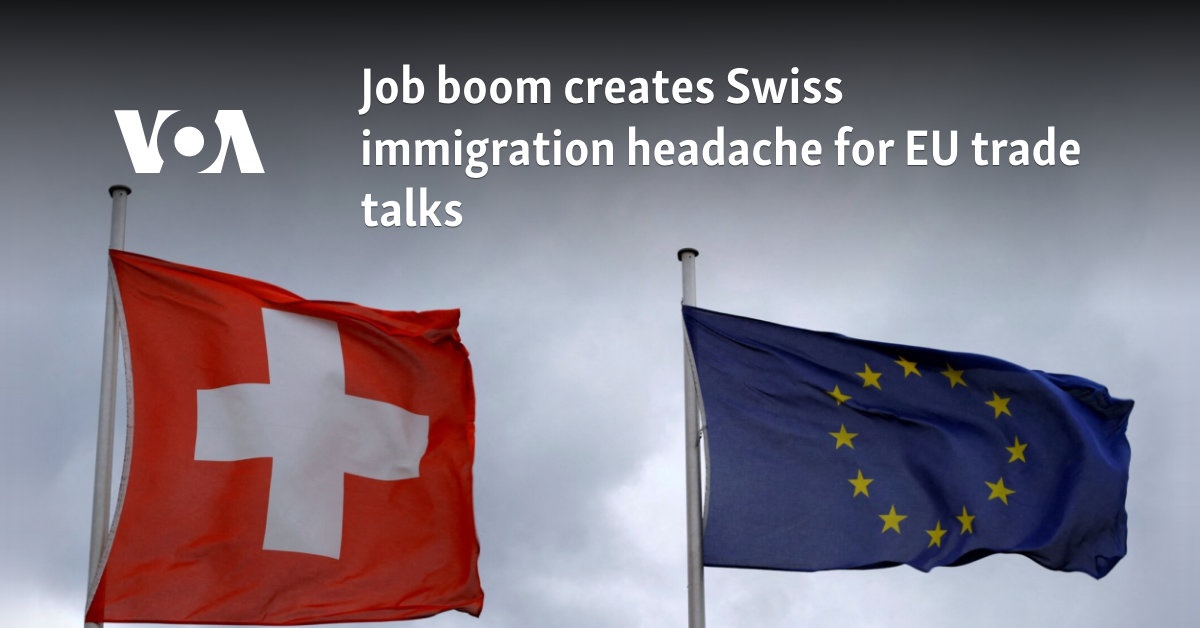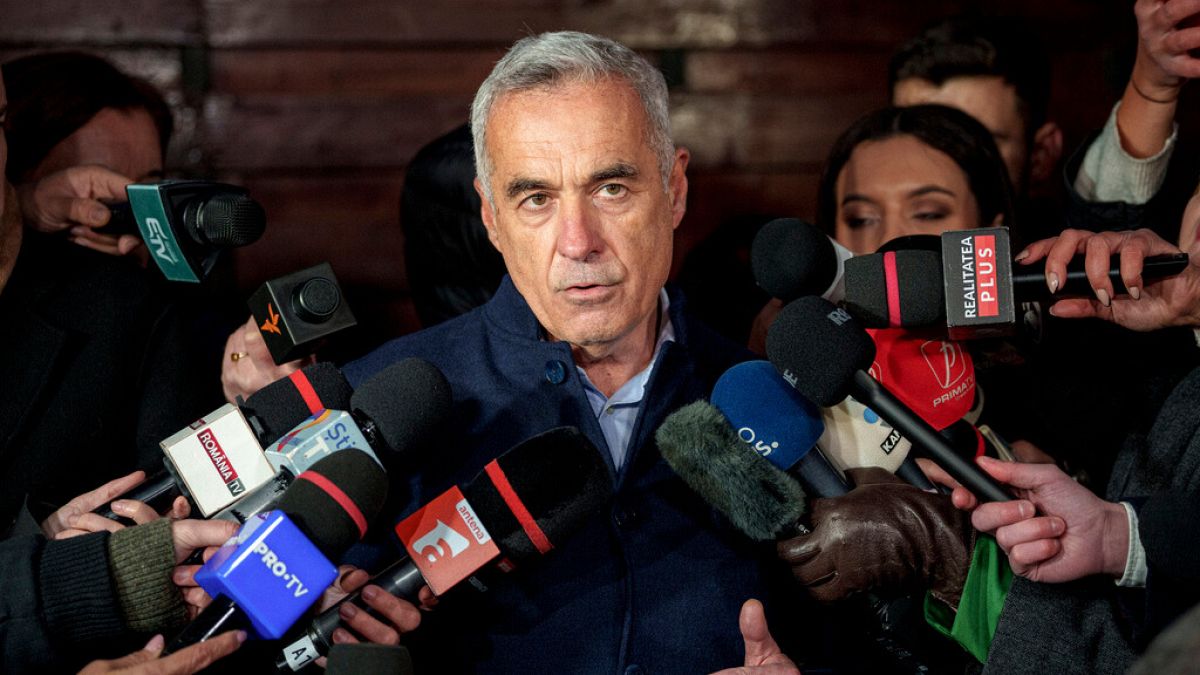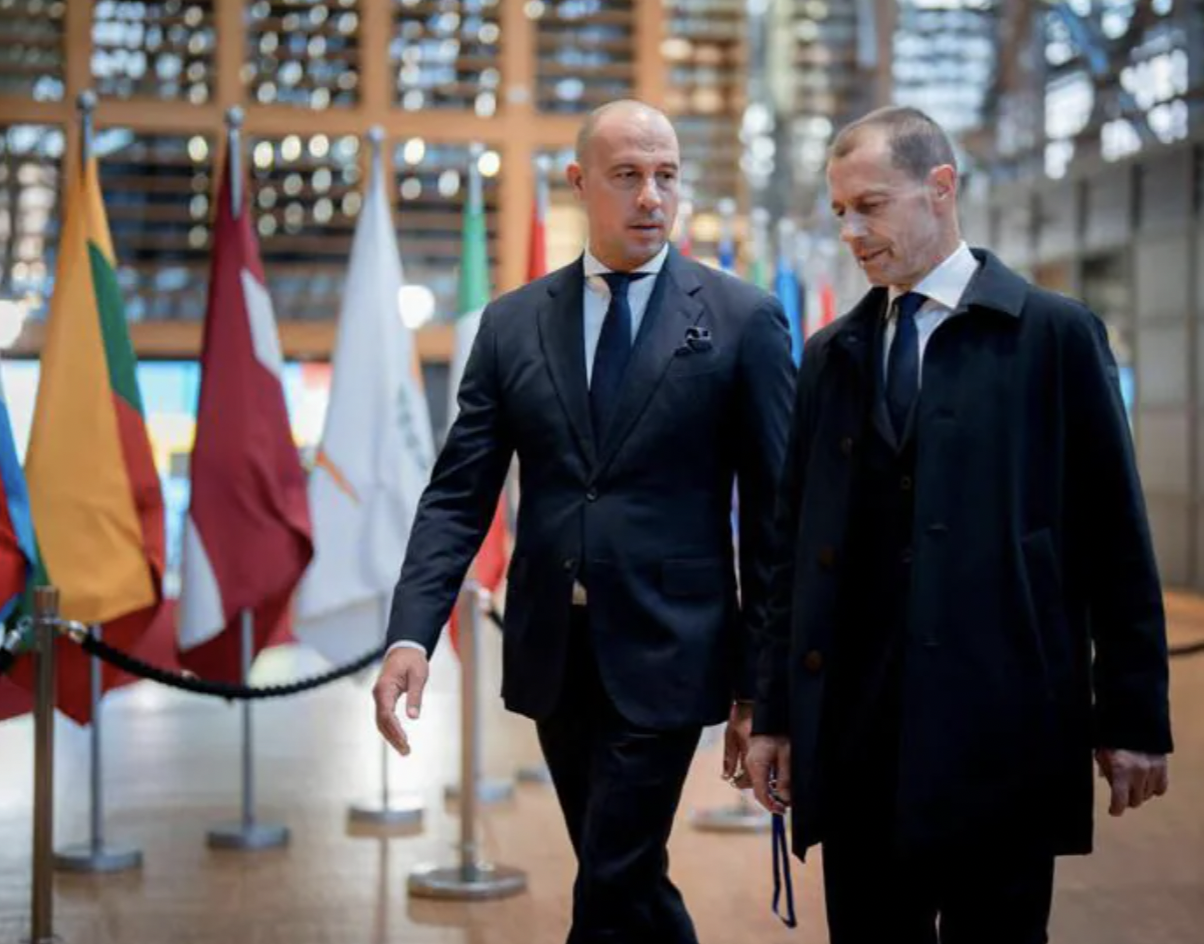EU, China trade chiefs agree to look at ‘price undertakings’ in key EV tariff saga twist

China and the EU have agreed to re-examine the possibility of setting a minimum price for Chinese automakers selling electric vehicles (EV) to avoid definitive tariffs of up to 35.3%, signalling a negotiated solution to the year-long trade dispute between the two blocs could be within reach.
In a statement released after a meeting between Chinese Commerce Minister Wang Wentao and EU Trade Commissioner Valdis Dombrovskis on Thursday (19 September), the Commission said that Brussels and Beijing would “take a renewed look” at so-called price undertakings. These are agreements where a trade counterparty pledges to set selling price floors on its products to ward off tariffs.
In a statement posted on X, Dombrovskis described his meeting with Wang as “constructive” and said that China and the EU would “intensify efforts to find an effective, enforceable and WTO-compatible solution to the dispute.”
The announcement follows the Commission’s rejection last week of a previous price offer by Chinese automakers that the EU executive said would not “eliminate the injurious effects of the subsidies identified in our investigations” and could not “be effectively monitored and enforced.”
Corroborating its decision, on Monday (16 September) the Commission noted that the deadline for such offers had expired on 24 August.
The statement issued in the early evening of Thursday after an 8-hour meeting between the two bloc’s trade chiefs mentions that Dombrovskis expressed “strong concerns” to his Chinese counterpart over Beijing’s investigations into EU food and spirits imports.
The Commissioner said China’s retaliatory anti-subsidy probes on EU imports of brandy, pork, and dairy are “unwarranted” and “based on questionable allegations, and lack sufficient evidence.”
Dombrovskis also re-emphasised Brussels’ “increasing concerns” over China’s growing ties to Russia as well as the role played by Beijing in circumventing EU sanctions on Moscow.
Meanwhile, three EU diplomats confirmed to Euractiv on Thursday that the Commission has also postponed a crucial vote among member states on whether to definitively impose the duties on China-made EVs.
No official reason was given by the Commission for the delay, diplomats said, although one speculated that it was probably linked to today’s meeting between Wang and Dombrovskis.
One other diplomat said the vote, originally scheduled for next Wednesday (25 September), is “likely” to be held early in the week beginning 30 September.
Contacted by Euractiv, the Commission refused to confirm the delay, citing the confidentiality of the information.
Fifteen of the EU’s 27 member states, representing at least 65% of the union’s population, must vote against the tariffs to block them from being introduced for a five-year period.
The EV probe was announced by Commission President Ursula von der Leyen in her State of the Union address in September last year.
On Wednesday (18 September), Commission spokesperson Olof Gill said that 30 October is the “absolute deadline” for the definitive imposition of the duties, unless a negotiated solution is agreed.
[Edited by Anna Brunetti/Martina Monti]
Read more with Euractiv
Related
Job boom creates Swiss immigration headache for EU trade talks
ZURICH — Switzerland is scrambling to keep a lid on immigration from its top trade partner, the European Union, as a jobs boom powered by the country's lo
Europe Risks Losing More Jobs Over Energy Costs, ABB CEO…
(Bloomberg) -- Europe risks losing investments and industrial jobs to countries including the US if the region fails to cut red tape and energy costs, said ABB
Thyssenkrupp to slash 40% of steel jobs in latest blow…
Unlock the Editor’s Digest for freeRoula Khalaf, Editor of the FT, selects her favourite stories in this weekly newsletter.Thyssenkrupp is planning to slash i
Hovione to create 20 new jobs with multimillion euro cork…
The company has revealed its latest plans for expansion, with the announcement of a manufacturing facility to be built upon in Ring












